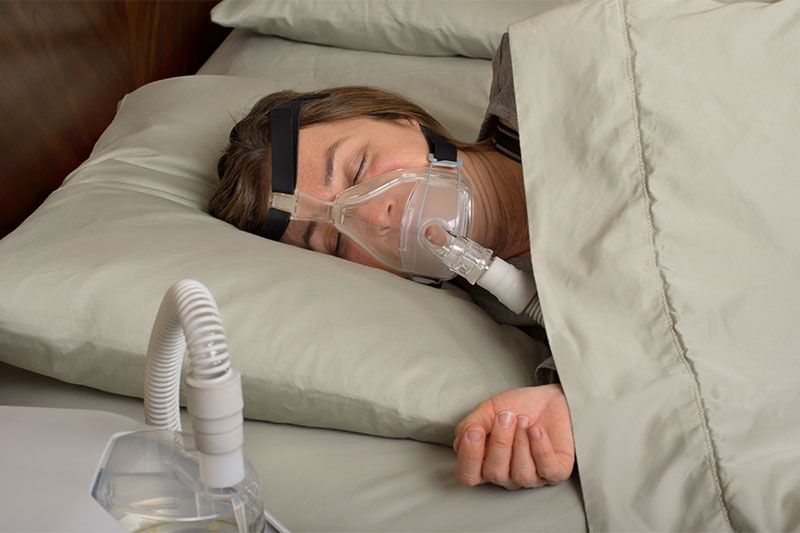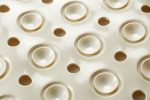
If you have sleep apnea you know that you need a CPAP machine to help you get a good night’s sleep. Sleep apnea is disruptive and can increase your chances of developing ailments such as cancer and diabetes. However, you also need to be kept safe if you have the condition by using products that are safe to help with sleep apnea.
Unfortunately, recently, millions of CPAP machines have been recalled as tests indicated that those using them could be inhaling toxins that can be a cancer risk. The particular CPAP machine, Phillips Dreamstation utilizes sound-dampening foam which could potentially dissolve into off-gas chemicals and particles which users can inhale.
The FDA has found that there was black debris coming from the machines and those who inhale it could deal with injuries that can be quite serious. They may be life-threatening injuries and may even cause disabilities. Users could at the very least develop asthma or irritation of the lungs, and may even have carcinogenic effects.
How Did The News About These CPAP Machines Get Out?
The director of the Sleep Disorders Center at the UCSF, Dr. David Clayman, told his patients about the situation with the CPAP machines. Additionally, he told those who have mild sleep apnea to make a decision about whether or not they think using the machines is necessary. He made it clear that he could not guarantee these machines were safe. Is it necessary for those with mild sleep apnea to use the CPAP machines? Let’s talk more about sleep apnea.
What Is Sleep Apnea And How Does It Affect The Patients Who Have It?
Sleep apnea is a serious sleep disorder characterized by breathing that stops and starts. Those who snore loudly may have sleep apnea if they feel very tired even after sleeping for a good eight hours. There are several types of sleep apnea, including obstructive which happens when the throat muscles relax. There is also central sleep apnea when the brain does not send the right signals to muscles which control breathing. There is also complex sleep apnea as it is a combination of obstructive and central.
Loud snoring is a common symptom of it, as well as gasping for air, and waking up suddenly for it. You may also wake up with a very dry mouth, and you may have a headache in the morning as well. There is a lot of daytime sleepiness, lack of concentration, as well as irritability.
The risk factors for sleep apnea are obesity, thick neck circumference, a family history of it, older age, nasal congestion, and being a smoker. If you have medical conditions such as congestive heart failure, that is a risk factor as well. If you use sedatives, that can also increase the risk of it. Being male also increases the chances of sleep apnea unless you are a woman with polycystic ovarian syndrome, particularly if you are overweight. If you do not have sleep apnea because you don’t experience any of the symptoms and you are at risk for it, you will want to keep an eye on it.
Are There Alternatives For CPAP Machines?
Yes, there are alternatives for treating sleep apnea that does not involve CPAP machines. There are orthodontic treatments for patients with sleep apnea who are concerned about inhaling toxins from those machines. There is a device that can be implanted on the roof of the mouth to help widen the bones and tissue which allows there to be plenty of space for the relaxation of the tongue. That will help keep the airways clear so that sleep apnea episodes do not happen. That is an option that sufferers can choose, particularly after the news about the CPAP machines being recalled.


